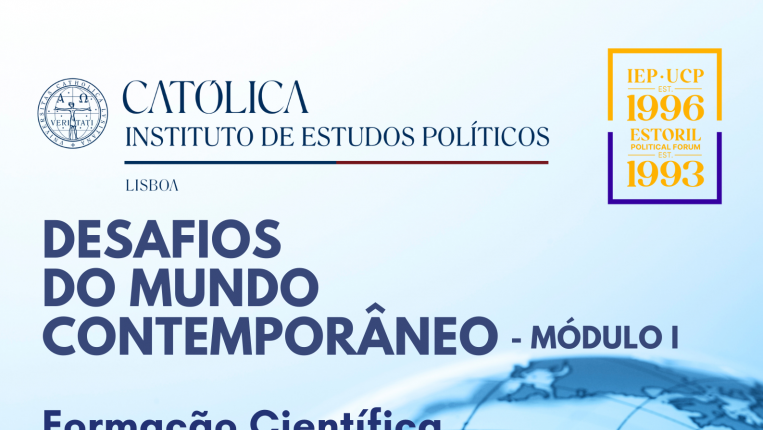What might be the shape of international politics cartography in the 21st century? Challenged by globalization's streams of new technology and communication, which diluted borders, peoples and identities, stirred up new nationalities and actors and created new wars and new security threats, but also new hopes for political participation and a worldwide network of communities, old patterns of international rule fade away while a new world order is still not in sight. Considering this complex scenario, the seminar will begin with an overview of the most relevant issues of contemporary international politics debating different concepts of international politics, opposing world order models (hegemonic, unipolar, multipolar, a-polar, balance of power & collective security) and new proposals of geopolitics and global governance in a time of extreme uncertainty. The aim is to enable students to understand and to engage in discussions and research in the area of international politics today by presenting current theoretic approaches, diverging and converging analysis patterns, working fields, case studies, as well as sources and instruments for a more consistent interpretation of contemporary international politics.
Contemporary International Politics
6 ECTS / Semester / English




